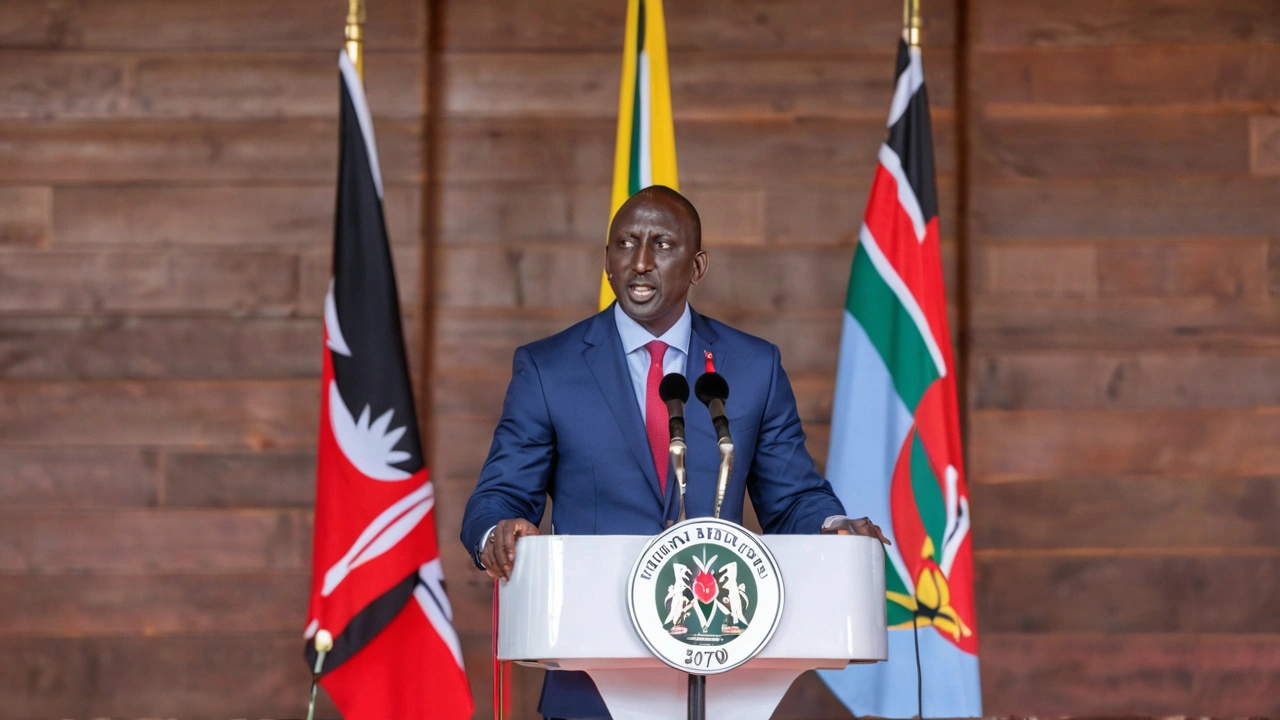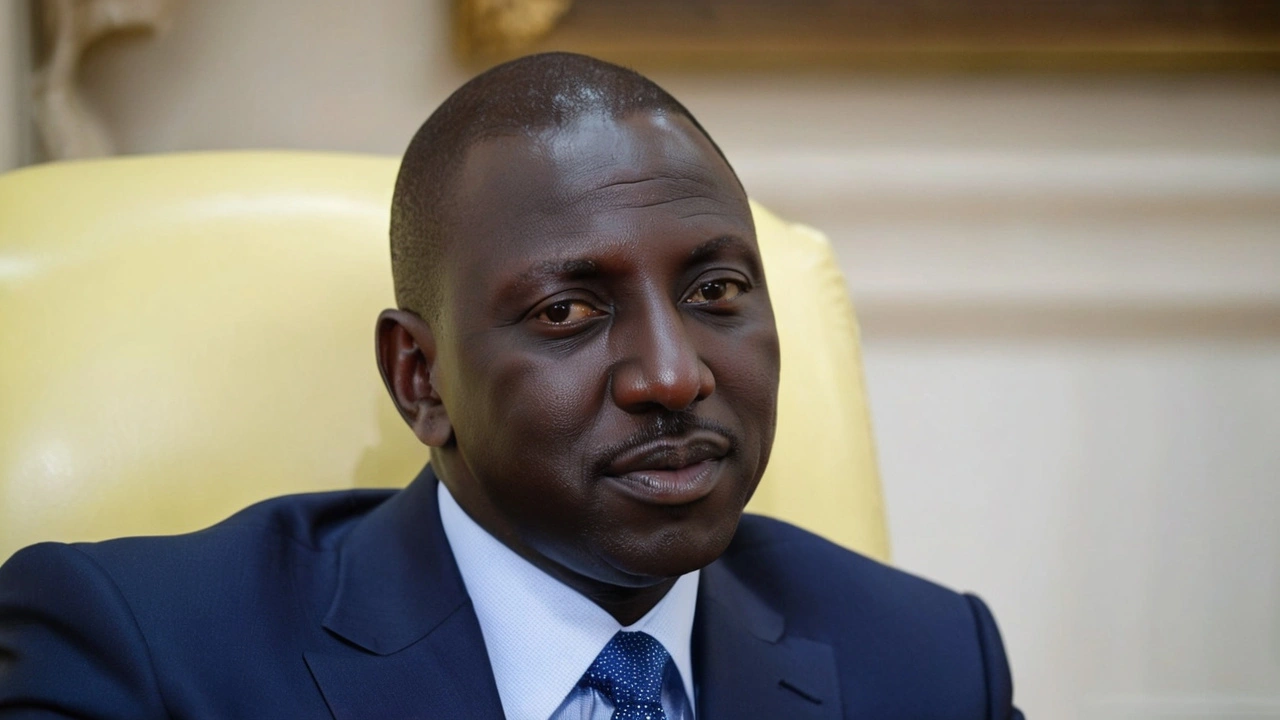President Ruto's Warning to the Media
Kenya's President William Ruto has issued a stern warning to the media, urging them to avoid 'irresponsible reporting' amid intense anti-government demonstrations. In a heated speech, Ruto highlighted what he perceives as biased coverage that could potentially incite further violence. This comes as the nation witnesses widespread protests against Ruto’s administration, raising questions about his government’s ability to manage civil unrest and the freedom of the press.
The president emphasized the media's role in shaping public perception, especially during such volatile times. He called on journalists to maintain objectivity and refrain from coverage that might fuel chaos. Ruto's comments have stirred debate among media professionals and freedom of speech advocates, many of whom argue that the president’s warning could stifle journalistic independence.
Criticism Over Government's Handling of Protests
The warning from Ruto coincides with broad criticism aimed at the government for its handling of the ongoing protests. Demonstrations have erupted over various issues, including economic hardships and allegations of corruption. Protesters accuse the government of heavy-handedness, with numerous reports of police brutality surfacing.
Civil society groups have been vocal about the state’s response, calling it excessive and undemocratic. They claim that the government is using the protests as a pretext to clamp down on dissent. Videos and photographs circulating on social media depict violent clashes between police forces and demonstrators, further intensifying the public outcry. These scenes have drawn both national and international criticism, pressuring the administration to justify its actions.

Concerns Over New ID Cards
Adding fuel to the fire, civil society groups have raised alarm over new ID cards known as 'Maisha numbers' being issued to Kenyan adults. One of the most contentious issues is the alleged expiry date on these IDs. Activists argue that this could be a scheme designed to disenfranchise voters ahead of the 2027 elections, leading to accusations of potential electoral rigging.
The idea of an ID card with an expiry date is unprecedented in Kenya, and critics argue it could be leveraged to manipulate voter registration processes. Some civil society organizations have demanded an immediate explanation from the government, along with an apology from President Ruto for what they perceive as an underhand move to retain power. The murmurs have not gone unnoticed, with many Kenyans joining the chorus of disapproval and demanding transparency.
Call for Accountability and Reforms
Beyond the new ID card controversy, demands for accountability and reforms have also surfaced. Civil society organizations are denouncing instances of police brutality during the protests, with allegations of abductions and unwarranted arrests. They have called for the immediate release of individuals detained during the demonstrations and are pushing for the charges against protesters to be dropped.
These demands extend to a broader call for police reform, aimed at ensuring that future protests are met with proportional and lawful responses. In a democratic society, the right to peaceful protest is sacrosanct. However, the current volatile state underscores the fragile relationship between the government and its citizens.

Allegations Against Civil Society Groups
In a surprising turn, President Ruto has accused certain civil society organizations, particularly the Ford Foundation, of funding and orchestrating the protests. According to Ruto, these groups are working behind the scenes to destabilize his administration. This accusation has been met with staunch denials from the mentioned groups, who insist that their involvement is solely focused on advocating for justice and human rights.
The Ford Foundation, a well-known global philanthropy organization, has dismissed the allegations as baseless. They argue that their work is aimed at fostering democratic values and that the accusations are an attempt to discredit their efforts. The tension between the government and civil society groups highlights the complex dynamics at play in Kenya's current political climate.
The Road Ahead
As anti-government protests persist, Kenya is at a critical crossroads. The government's response, coupled with President Ruto's allegations and warnings, paints a tense picture of the nation's political landscape. The demands from civil society for transparency, accountability, and respect for democratic principles remain steadfast. Meanwhile, the media finds itself caught in the crossfire, with their role in society more scrutinized than ever.
The coming weeks and months will be pivotal for Kenya. The outcome of these protests and the government's actions will likely shape the country’s democratic future. For now, all eyes are on President Ruto, his administration, and their ability to navigate these turbulent times effectively and justly.





Write a comment